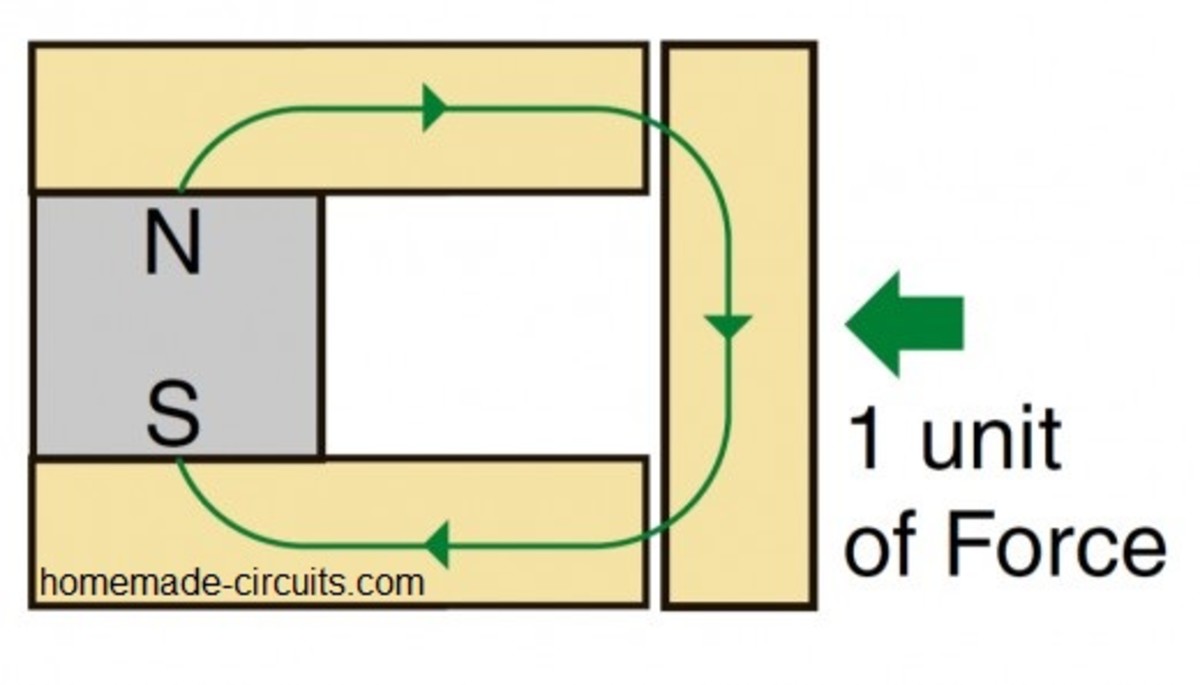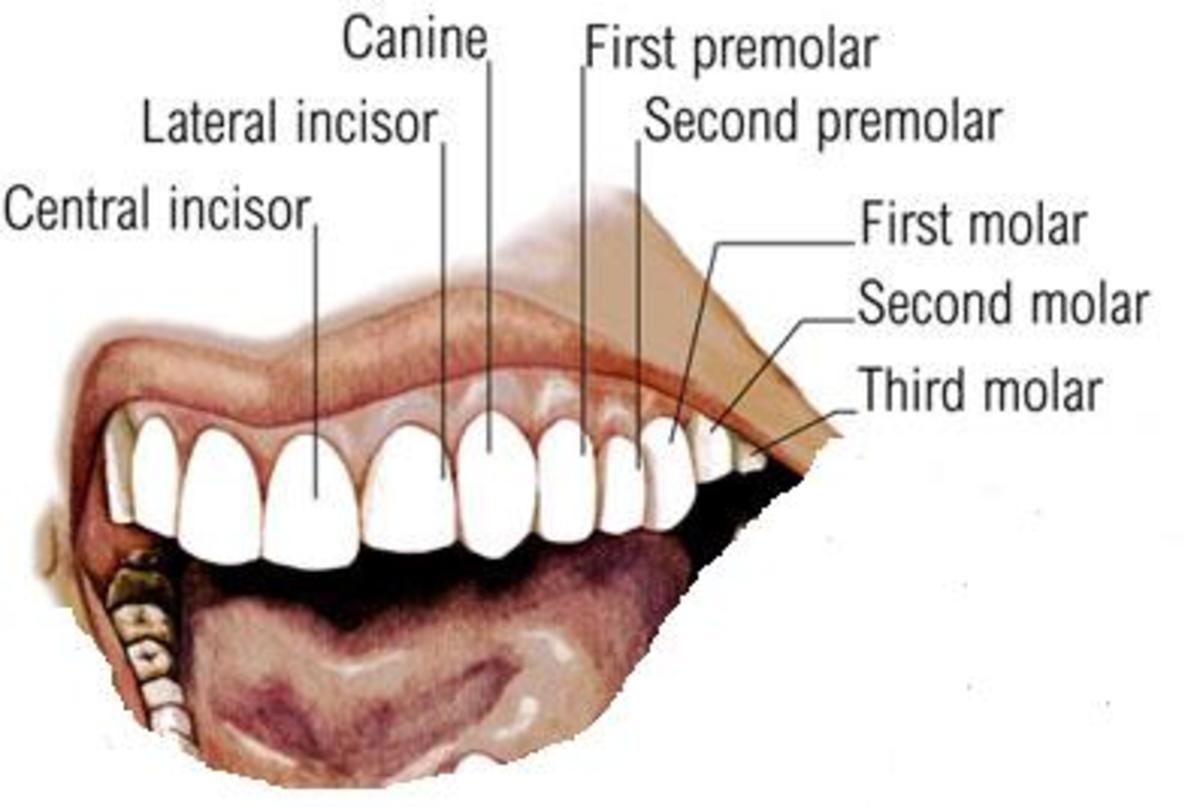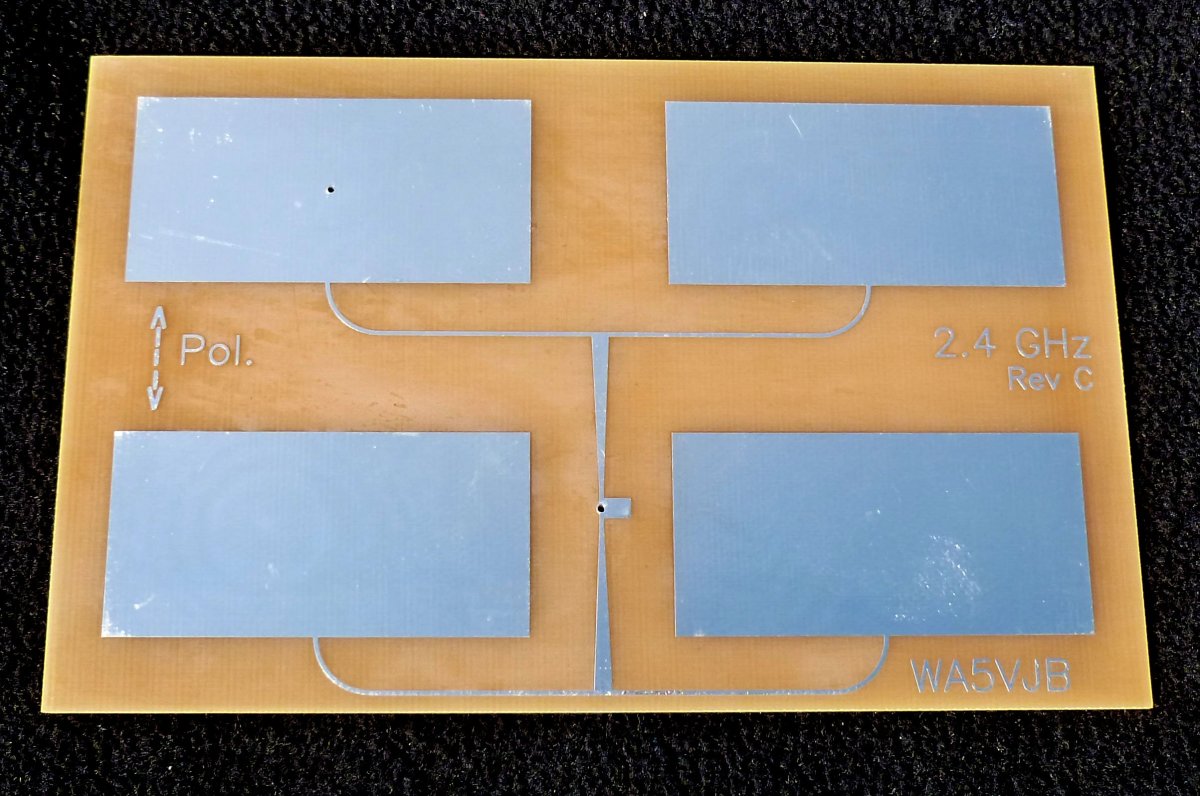Types Of Magnets
Magnets are objects which have a magnetic field around them which attracts or repels certain materials. Magnets are recognized by many for their property of attracting metals. Magnets have tremendous applications in our daily lives and in various industries.
They are used in toys, appliances and hundreds of house hold things and are mostly used in industries such as: mining and mineral industry, ceramic powder industry, plastic and glass industry and many others.
Magnets come in different shapes, sizes and strength. They can be either man made or may exist in nature. So broadly we can say that there are two major types of magnets:
- Man made magnets
- Natural magnets
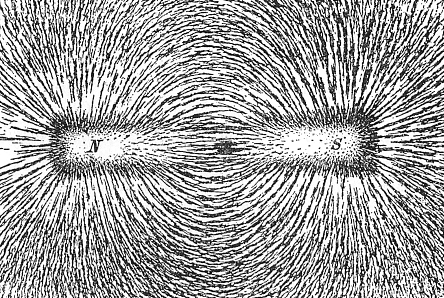
The natural magnets are called magnetite. They are rich in iron and minerals.
The man made synthetic magnets which are stronger than naturally occurring magnets are made of metallic alloys and some other methods.
The man made magnets are used for thousands of purposes and vary in their resistance and magnetic properties.
Following are three types of man made magnets:
- Permanent magnets
- Temporary magnets
- Electromagnets

Types Of Steel And Uses
- Steel
Steel is basically an alloy of iron and carbon with a small percentage of other metals such as nickel, chromium, aluminum, cobalt, molybdenum, tungsten etc.
What Is Superconductivity?
- Superconductivity
Many of us are out there living our busy lives doing different jobs without even noticing the strange developments that science has made.
Permanent Magnets
The permanent magnets are very strong and are the most commonly used magnets.
These
magnets are so called because once they get magnetized they retain their
magnetism.
The reason for this is that these magnets are made of substances
which contain atoms and molecules having magnetic fields which reinforce each
other.
However under certain provided conditions these magnets may lose their magnetism, for example in shock.
The more resistant the magnet will be towards demagnetism the
stronger it will be.
Permanent magnets have vast uses, from the stick-ons of refrigerator to many large industries, their magnetism is used. They come in various sizes and shapes and vary in their composition.
Some common types of permanent magnets are:
- Ceramic
- Alnico magnets
- Samarium cobalt
- Neodymium iron boron
- Flexible magnets
Of the above samarium cobalt magnets and Neodymium magnets belong to the category of rare earth magnets.

What Is Spintronics?
- Spintronics
An atom is the acme discovery of science. Its structure, components and properties has given an absolute boost to the advancements.
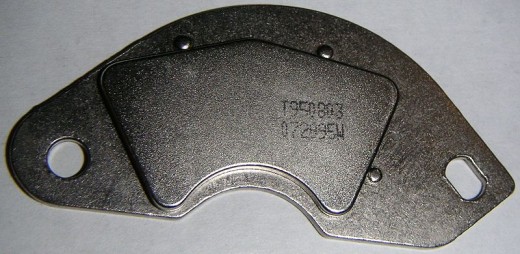
Types Of Energy
- Energy
For any work to be done by any object energy is required. Energy basically is defined as the capacity to do work.
Types Of Chemical Reactions
- Chemical Reactions
Reactions can be of many types, ranging from allergic reactions to highly devastating nuclear reactions. The reactions that appear in Physics or Chemistry are entirely different from the Biological reactions.

Industrial Cranes
- Types Of Cranes
Crane is a huge tower to which trolleys and pulleys are attached and is used to lift extremely heavy objects. Cranes are either attached to movable vehicles or are fixed to the ground and are operated with a button or handle.
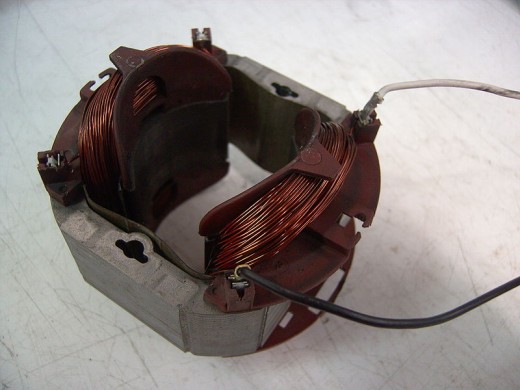
- Ceramic
Ceramic magnets are also called ferrites and are composed of iron oxide and barium or strontium carbonate. These are really strong magnets and are largely used in scientific laboratories. They are the most commonly used magnets for experimental purposes. Alnico
The alnico magnets are very strong magnets which are used as a replacement for ceramic magnets for various experiments because they are more stable and are more resistant towards demagnetization. However they are not as common because they are more expensive.
- Samarium Cobalt
Samarium cobalt magnets belong to the category of rare earth magnets. These magnets have a very high magnetic strength and are very resistant towards demagnetization and oxidation. Samarium cobalt magnets are very expensive and are used in for applications which require high magnetism and high resistance. They were first introduced in 1970s. - Neodymium
Iron Boron
These are another type of rare earth magnets. They are quite similar to samarium cobalt magnets but are less resistant. They are extremely strong magnets. An inch of this magnet is capable of lifting a metallic substance of several pounds. Because of their extremely high magnetism they are the most expensive magnets of the world and due to their high cost they are less used.
- Flexible
The flexible magnets are produced in flat strips and sheets. These magnets have least magnetism.
Temporary Magnets
The
temporary magnets are those magnets which act as magnets only when placed in a
strong magnetic field provided by a strong magnet. Any metallic objects such as
paper clips and nails when placed in a strong magnetic field can act as
magnets.
However once removed from the field, they instantly lose their
magnetism. Temporary
magnets despite of their temporary magnetism have many useful applications.
Mostly they are used in telephones and electric motors.
Electromagnets
Electromagnets are very strong magnets which are different from the above mentioned magnets. These magnets work on the principle that a wire containing electric current produces a magnetic field.
It consists of a heavy metal core which is wounded by a wire coil. When current is passed through the wire it produces a magnetic field which in turns magnetizes the metal core.
The polarity of the magnet can be changed by controlling the amount of the current flowing and by changing its direction. They are commonly used in televisions, radios, video tapes, computers, speakers etc.


